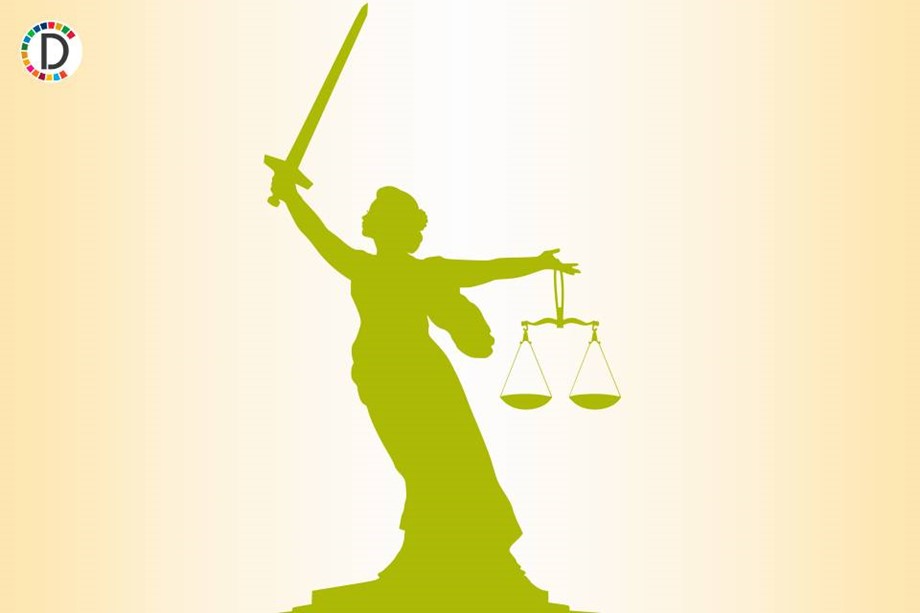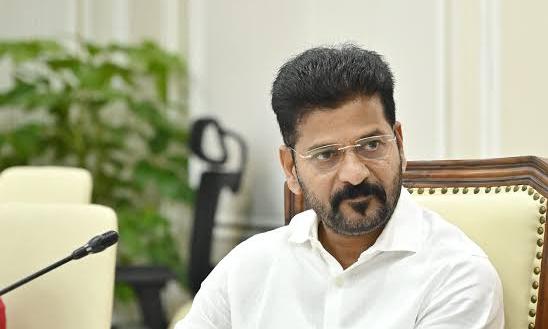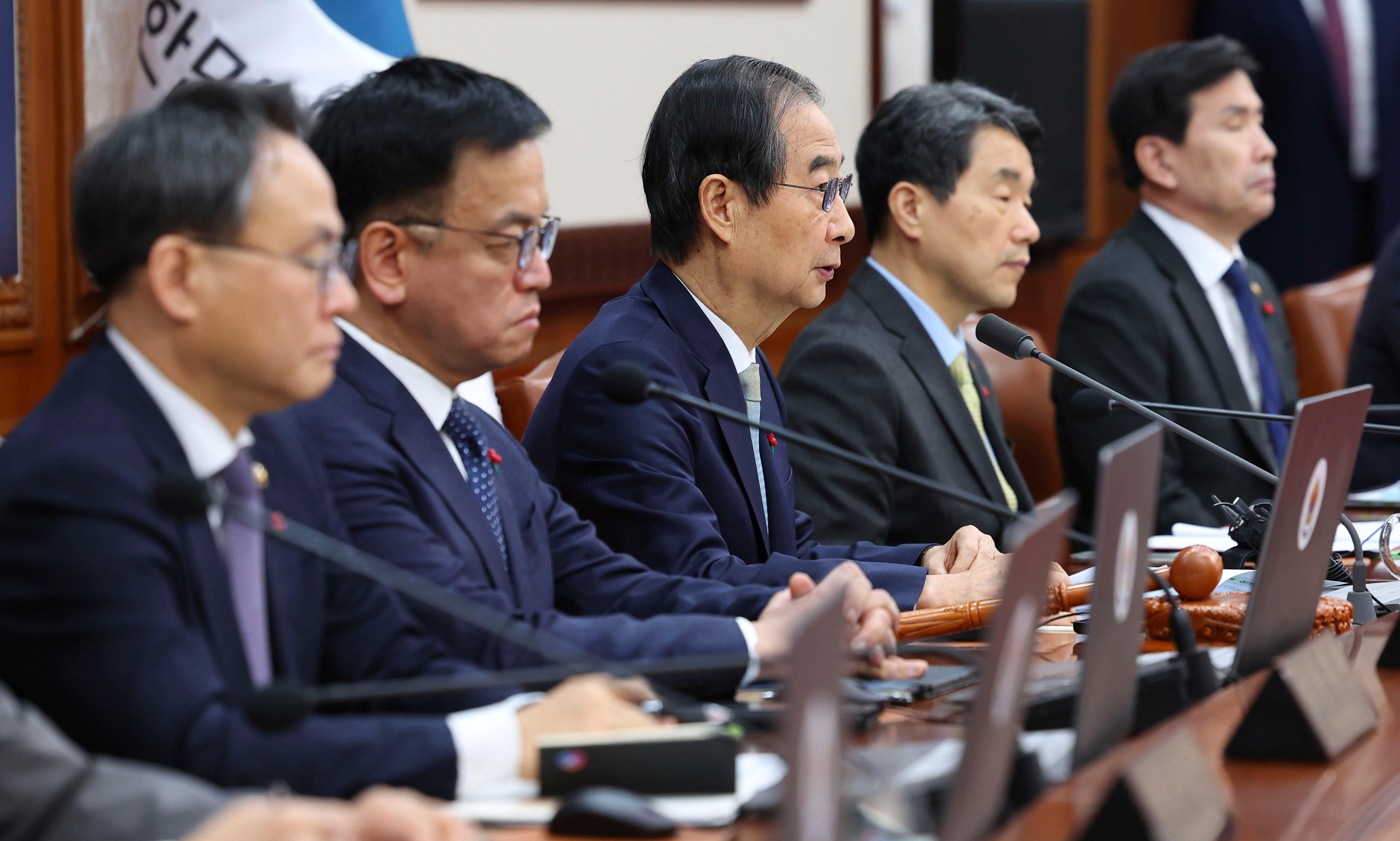Germany's AfD Nominates Controversial Chancellor Candidate
Germany's far-right AfD party has made headlines by nominating Alice Weidel as its chancellor candidate, promising a significant shift in political dynamics amid controversies.
Published December 08, 2024 - 00:12am

Image recovered from rtl.de
The political landscape in Germany is witnessing a seismic shift as the Alternative for Germany (AfD) propels itself to the forefront with the nomination of Alice Weidel as its chancellor candidate. This move comes as the AfD records a significant surge in support, positioning itself as the second-largest party in national opinion polls, trailing only behind the conservative CDU/CSU bloc, while standing ahead of Chancellor Olaf Scholz's Social Democrats.
Weidel's candidacy is nothing short of historic for AfD, a party that has struggled with its far-right label and a controversial track record. Established in 2013, the AfD first entered the German parliament in 2017 and has since been keen on shedding its image as a mere protest party. The nomination of Weidel, who has co-led the party since 2022, signifies the party's attempt to normalize its status within Germany's political spectrum.
Alice Weidel stands out as an unconventional face for AfD. A potential paradox for a predominantly male, traditionalist party, Weidel is raising two sons with her partner, a Sri Lankan-born filmmaker. She also has a remarkable professional background that includes stints at Goldman Sachs and Allianz Global Investors, coupled with a strong academic pedigree with a PhD in economics from China. Her fluency in Mandarin and her liberal personal life are seen by some political analysts as the AfD's strategy to appeal to a broader, more moderate audience.
The AfD's policy propositions, however, remain aligned with its conservative base. The party has capitalized on voter discontent around high immigration levels, the handling of the Ukraine conflict, and dissatisfaction with the current government. Weidel has openly advocated for ending arms supplies to Ukraine, a stance she claims is geared towards promoting peace and ensuring that Germany does not become a direct party in the ongoing conflict. This is a contentious position that aligns with her broader vision of recalibrating Germany's international alignments, including rebuilding relations with Russia and reassessing EU membership unless comprehensive reforms are made.
This bold political play occurs amidst a backdrop of internal turmoil within the existing government. Chancellor Olaf Scholz's administration faced a significant breakdown of its coalition government following prolonged disputes over economic policies. With a trust vote looming in the Bundestag, the political stage in Germany is set for potential realignments, even if the chances of AfD entering government coalition remain slim due to its isolation by other parties.
The AfD's rise in popularity and its recent electoral successes have increased pressure on conservatives to reconsider their current stance. Despite this, mainstream parties, particularly the CDU/CSU and SPD, continue to rule out collaborations with AfD, citing its extremist tendencies and the potential risk of destabilizing the political status quo.
Observers note that the emergence and acceptance of far-right candidates are not isolated to Germany alone, with similar political trends observable across Europe. This rise poses critical questions about the future of European politics and the potential shifts towards more hardline stances in national policies.
Alice Weidel's nomination is a pivotal moment for AfD, marking a significant paradigm shift as the party embraces both its controversial strategies and its new public face. As Germany stands on the precipice of electoral change, the political calculus for all parties involved will undoubtedly impact not just national dynamics, but potentially, the wider European theater.







